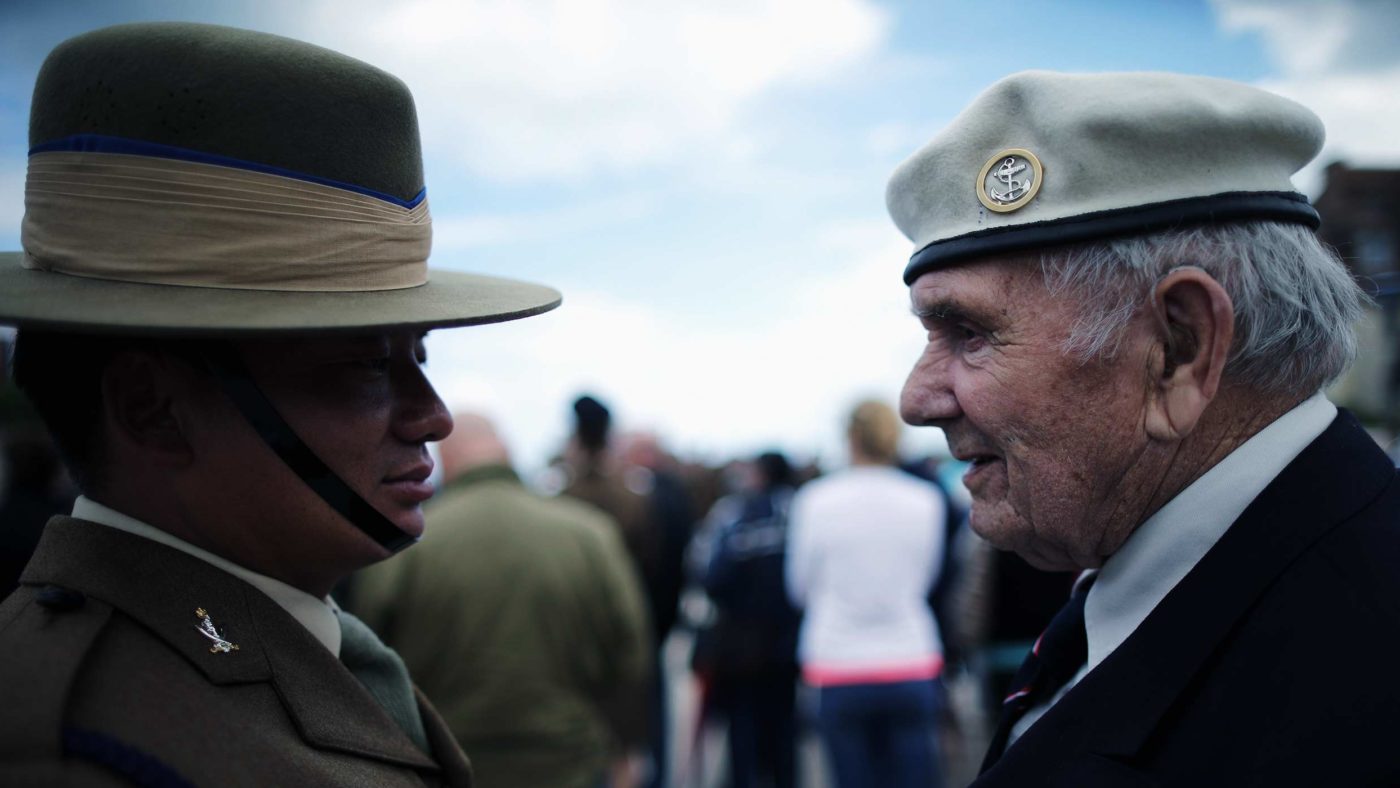For a country which so often claims a sense of fair play as one of its defining characteristics, the United Kingdom has a remarkably patchy record when it comes to doing right by those who have given it service.
The escalating crisis in Hong Kong cast a harsh light on how hard successive British governments had worked to prevent ‘overseas Britons’ – various communities marooned by the receding tide of Empire whom we had granted a variety of second-class citizenships – being able to take up residence in Britain.
Fortunately, the Government has since been compelled to create a pathway to residency for the millions of Hong Kongers with British National (Overseas) passports, and in a previous article I explained why ministers should seize this opportunity to make the same generous offer to other groups such as the ‘Queen’s Chinese’, inhabitants of the former Straits Settlements of Penang and Malacca.
But there is more than one way in which a nation can incur a debt of honour to would-be immigrants, and alongside old imperial loyalists must surely rank those who serve this country in the Armed Forces.
Granting residency, even if not citizenship, to those who have risked life and limb to serve or to support British troops on active operations should be a no-brainer. The numbers involved are minuscule compared to the headline immigration figures, and there could scarcely be a more deserving group of applicants.
Yet time and again successive governments have dug in their heels. The Home Office has fought ferociously to exclude the tiny population of the Sovereign Base Areas of Akrotiri and Dhekelia, in Cyprus, from being able to move to Britain. New Labour refused to grant automatic asylum to interpreters who supported British forces in Iraq, even though their numbers apparently only ran to the “dozens”. And it took nothing less than the intervention of Joanna Lumley to force the Government to let thousands of Gurkha veterans settle in Britain.
Of course, residency is not a silver bullet. Many of the Gurkhas who did end up moving to the UK faced hardship once they got here. But it does not follow that we should justify excluding loyal veterans on the grounds that we will neglect them anyway. We should instead look after them better.
Much of this took place under New Labour, but there is precious little sign that the Conservatives are doing any better. Witness the eight Fijian ex-servicemen who are fighting a losing battle in the courts for the right to stay in this country, alleging that they were systemically misinformed about their rights and the requirements of applying for residency.
We don’t need to know the specifics of the case to acknowledge that it is wrong to be charging people who have done tours of duty in British uniform thousands of pounds for the right to live here, ridiculous that the process is sufficiently complicated that people can fall through the cracks like this, and discreditable that the Government is pushing ahead with deportation rather than fixing the problem.
And it is especially absurd when ministers are simultaneously trying to ease the Armed Forces’ recruitment crisis by making it easier for Commonwealth nationals to enlist without first being resident in Britain.
It is time to put this right. Boris Johnson is supposed to be a big picture guy, not always hot on the detail but able set out a bold vision and stay in tune with the sentiments of the British people. He has set himself the challenge of building a ‘global Britain’ and demonstrating that Brexit did not signal a shift towards an insular and unfriendly nation. He is also squaring up to Rishi Sunak to claim the mantle of championing the military against further budget pressures.
The upcoming Strategic Defence and Security Review is a test of this story.
At minimum, if the Prime Minister wishes to make a virtue of the role that Commonwealth servicemen and women play in the Armed Forces, a long and honourable tradition recently outlined by Sunder Katwala, then he should instruct the Ministry of Defence and the Home Office to work together to create a smooth, free, and automatic pathway to residency for every Commonwealth national (with exceptions for such things as dishonourable discharge) who completes their service. Such a policy would not only be just, but a boon to recruitment too.
But if he feels really bold, Johnson should go further still. There is no reason to confine the opportunity to serve to citizens of Commonwealth nations.
Other countries have tried-and-tested models of using discrete military formations to provide a pathway to citizenship. Recruits in the French Foreign Legion, for example, are eligible after three years’ honourable service. And under the principle of ‘Français par le sang versé’ (“French by spilled blood”), it is granted automatically to those wounded in action. And despite uninspiring pay and conditions, the unit apparently boasts legionnaires from almost 140 nations and sees thousands of applications every year.
If we are still open to learning from our European allies, why should the UK not have a similar unit? It need not be something so Gallic as a ‘legion’, but a Royal Overseas Regiment could provide an opportunity for non-Commonwealth recruits to serve whilst keeping the rest of the Armed Forces reserved for British and Commonwealth applicants.
At a time of mounting global security challenges, budget pressures, and recruitment difficulties, it makes perfect sense for the Armed Forces to recruit suitable men and women from around the world. But the Government must commit both to giving the military the support it needs to do this effectively, and do right by those who choose to serve.
Click here to subscribe to our daily briefing – the best pieces from CapX and across the web.
CapX depends on the generosity of its readers. If you value what we do, please consider making a donation.


